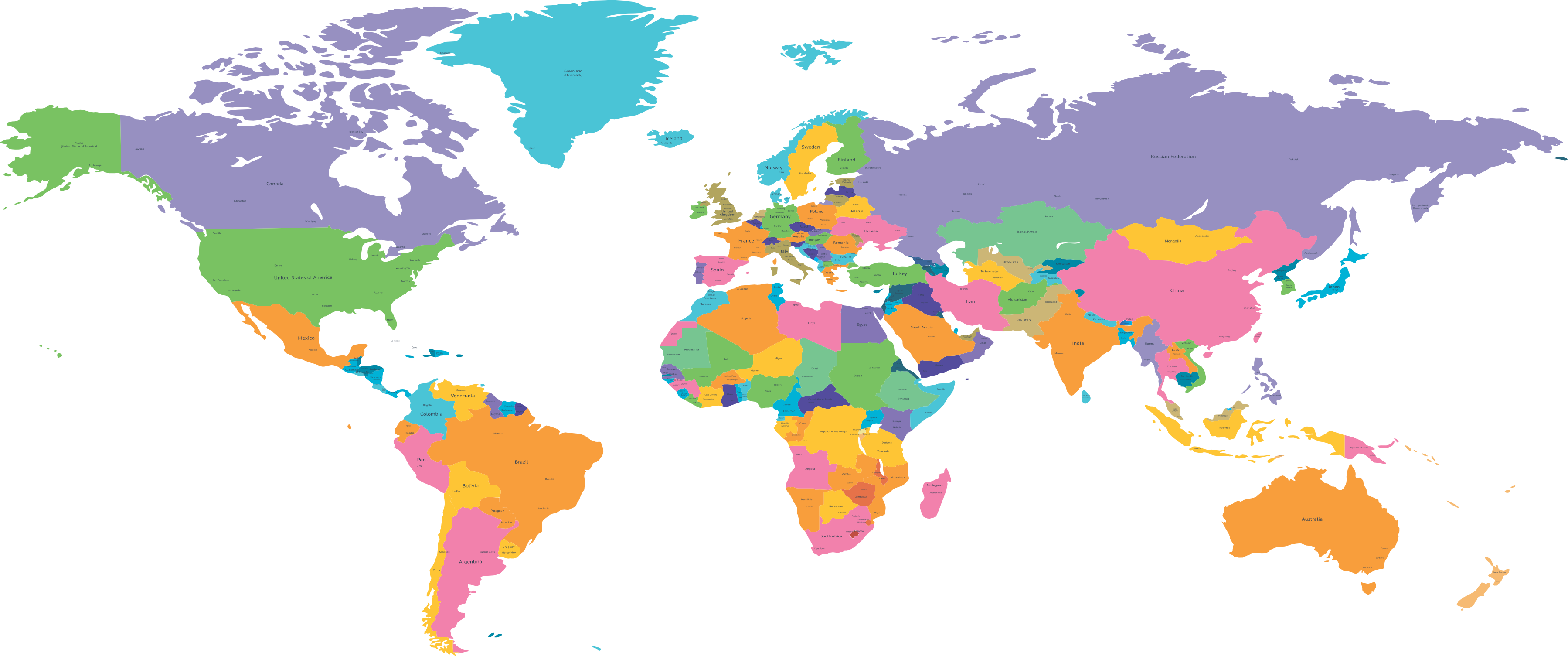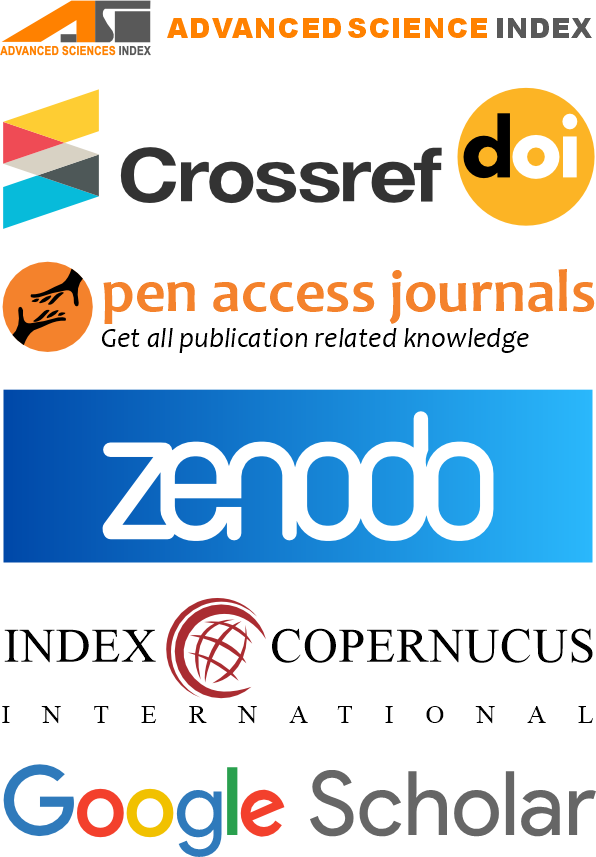Harnessing Innovation, Green Orientation, and Strategic Agility for Business Performance: The Mediating Role of Sustainable Business Model Innovation
DOI:
https://doi.org/10.55737/rl.2025.41081Keywords:
Innovation Capability, Green Orientation, Strategic Agility, Sustainable Business Model Innovation (SBMI), Resource-Based View (RBV), Dynamic Capabilities TheoryAbstract
In the face of increasing environmental challenges and market volatility, businesses must strategically adapt to sustain long-term competitiveness. This study examines how Innovation Capability, Green Orientation, and Strategic Agility contribute to improved Business Performance, with Sustainable Business Model Innovation (SBMI) serving as a mediating mechanism. Drawing on the Resource-Based View (RBV) and Dynamic Capabilities Theory, the study proposes that firms integrating environmental values with agile and innovative practices are more likely to develop sustainable business models that enhance performance outcomes. Using a quantitative research design, primary data were collected from 360 managerial-level respondents across manufacturing and service firms in Pakistan. Structural Equation Modeling (SEM) was employed to test the hypothesized relationships. The findings confirm that all three independent variables significantly influence SBMI, which in turn positively mediates their effect on business performance. Notably, SBMI emerges as a vital conduit through which green and innovative orientations translate into sustainable competitive advantage. The study contributes to sustainability and strategic management literature by highlighting the mediating role of business model innovation in green and innovation-driven firms. It also provides practical insights for policymakers and business leaders seeking to align growth with sustainability in emerging economies.
References
Abdulsamad, A., Ateeq, A., Al-Zubaidi, R., Al-refaei, A. A.-A., Ali, A. N. A., & Fahad, N. M. (2025). Entrepreneurial orientation and innovation capabilities as drivers of sustainable innovation performance: A conceptual framework for SMEs. In Studies in Systems, Decision and Control (pp. 845–858). Springer Nature Switzerland.
Abid, N., Ceci, F., & Aftab, J. (2024). Attaining sustainable business performance under resource constraints: Insights from an emerging economy. Sustainable Development, 32(3), 2031–2048. https://doi.org/10.1002/sd.2763
AlTaweel, I. R., & Al-Hawary, S. I. (2021). The mediating role of innovation capability on the relationship between strategic agility and organizational performance. Sustainability, 13(14), 7564. https://doi.org/10.3390/su13147564
Andrade, C. R. D. O., Gonçalo, C. R., & Santos, A. M. (2022). Digital transformation with agility: The emerging dynamic capability of complementary services. RAM. Revista de Administração Mackenzie, 23(06), eRAMD220063. https://doi.org/10.1590/1678-6971/eRAMD220063.en
Bashir, M., Farooq, R., & Naqshbandi, M. M. (2024). The impact of business model innovation and knowledge management on firm performance: an emerging markets perspective. Business Process Management Journal. https://doi.org/10.1108/bpmj-08-2023-0670
Bouguerra, A., Hughes, M., Rodgers, P., Stokes, P., & Tatoglu, E. (2024). Confronting the grand challenge of environmental sustainability within supply chains: How can organizational strategic agility drive environmental innovation?. Journal of Product Innovation Management, 41(2), 323-346. https://doi.org/10.1111/jpim.12692
Chen, S., & Yu, D. (2024). Exploring the impact of knowledge management capability on firm performance: the mediating role of business model innovation. Kybernetes, 53(10), 3591-3620. https://doi.org/10.1108/K-01-2023-0166
Clauss, T., Breier, M., Kraus, S., Durst, S., & Mahto, R. V. (2022). Temporary business model innovation–SMEs’ innovation response to the Covid‐19 crisis. R&d Management, 52(2), 294-312. https://doi.org/10.1111/radm.12498
Cobbinah, J., Osei, A., & Amoah, J. O. (2025). Innovating for a greener future: Do digital transformation and innovation capacity drive enterprise green total factor productivity in the knowledge economy? Journal of the Knowledge Economy. https://doi.org/10.1007/s13132-025-02673-1
Dayioglu, M., Küskü, F., & Cetindamar, D. (2024). The impact of business environmental factors on performance through strategic agility and business model innovation: An analysis based on dynamic capabilities theory. IEEE Transactions on Engineering Management, 71, 3656–3670. https://doi.org/10.1109/tem.2024.3353734
Elgarhy, S. D., & Abou-Shouk, M. (2023). Effects of entrepreneurial orientation, marketing, and innovation capabilities, on market performance: The mediating effect of sustainable competitive advantage. International Journal of Contemporary Hospitality Management, 35(6), 1986–2004. https://doi.org/10.1108/IJCHM-04-2022-0508
Girma, L., Oduro, S., Cucari, N., & Cristofaro, M. (2025). Venturing green: the impact of sustainable business model innovation on corporate environmental performance in social enterprises. Management Research Review, 48(13), 20–44. https://doi.org/10.1108/mrr-07-2024-0534
Guo, L., Cao, Y., Qu, Y., & Tseng, M.-L. (2022). Developing sustainable business model innovation through stakeholder management and dynamic capability: A longitudinal case study. Journal of Cleaner Production, 372(133626), 133626. https://doi.org/10.1016/j.jclepro.2022.133626
Makhloufi, L., Laghouag, A. A., Ali Sahli, A., & Belaid, F. (2021). Impact of entrepreneurial orientation on innovation capability: The mediating role of absorptive capability and organizational learning capabilities. Sustainability, 13(10), 5399. https://doi.org/10.3390/su13105399
Mendoza-Silva, A. (2021). Innovation capability: a systematic literature review. European Journal of Innovation Management, 24(3), 707–734. https://doi.org/10.1108/ejim-09-2019-0263
Minatogawa, V., Franco, M., Rampasso, I. S., Holgado, M., Garrido, D., Pinto, H., & Quadros, R. (2022). Towards systematic sustainable business model innovation: What can we learn from business model innovation. Sustainability, 14(5), 2939. https://doi.org/10.3390/su14052939
Mueller-Saegebrecht, S., & Walter, A.-T. (2025). Strategic agility—an urgent capability for successful business model innovation? A conceptual process model and theoretical framework. Strategic Change, 34(3), 407–428. https://doi.org/10.1002/jsc.2645
Ogunyemi, F. M., & Ishola, A. O. (2024). Global competitiveness and environmental sustainability: Financing and business development strategies for US SMEs. Int J Manag Entrep Res, 6(11). https://doi.org/10.51594/ijmer.v6i11.1720
Okumu, C. (2023). Effect of strategic agility on organizational performance of Steel manufacturing firms in Kenya.
Peng, B. (2024). Navigating green horizons: An empirical exploration of business practices aligned with environmental goals in the era of sustainable economy. Managerial and Decision Economics: MDE, 45(7), 4732–4752. https://doi.org/10.1002/mde.4284
Reed, J. H. (2021). Strategic agility and the effects of firm age and environmental turbulence. Journal of Strategy and Management, 14(2), 129–149. https://doi.org/10.1108/jsma-07-2020-0178
Sagar, S. (2023). Innovation and sustainability in business: Navigating the future landscape. IOSR Journal of Business and Management, 25(12), 51-60. https://doi.org/10.9790/487X-2512055160
Saytari, M. B., Saab, A. E., Haidar, C. G., Barakat, E. T., Idriss, L. I., Nemer, L. I., ... & El Nemar, S. (2025). New Product Development: A Blended Approach of RBV and DCT. In Navigating Business Through Essential Sustainable Strategies (pp. 163-188). IGI Global.
Shams, R., Vrontis, D., Belyaeva, Z., Ferraris, A., & Czinkota, M. R. (2021). Strategic agility in international business: A conceptual framework for “agile” multinationals. Journal of International Management, 27(1), 100737. https://doi.org/10.1016/j.intman.2020.100737
Shaukat, F., Zaman, H. M. F., & Souvanhxay, P. (2023). The interplay of eco-innovation and market uncertainty on green marketing orientation and business performance. Marketing i menedžment innovacij, 14(4), 48-68. http://hdl.handle.net/11159/652850
Tuan, L. T. (2023). Fostering green product innovation through green entrepreneurial orientation: The roles of employee green creativity, green role identity, and organizational transactive memory system. Business Strategy and the Environment, 32(1), 639–653. https://doi.org/10.1002/bse.3165
Venter, E., & Hayidakis, H. (2021). Determinants of innovation and its impact on financial performance in South African family and non-family small and medium-sized enterprises. The Southern African Journal of Entrepreneurship and Small Business Management, 13(1). https://doi.org/10.4102/sajesbm.v13i1.414
Xiao, J., Zeng, P., & Niu, L. (2025). Green strategy orientation and competitiveness: an optimal distinctiveness perspective. Management Decision. https://doi.org/10.1108/md-12-2023-2397
Yin, S., Yu, Y., & Zhang, N. (2024). The effect of digital green strategic orientation on digital green innovation performance: From the perspective of digital green business model innovation. SAGE Open, 14(2). https://doi.org/10.1177/21582440241261130
Zhou, N., Pan, L., Tian, Y., Zhu, N., Cai, X., & Gao, J. (2023). How sustainable business model innovation and green technology innovation interact to affect sustainable corporate performance. Frontiers in Environmental Science, 11, 1049295. https://doi.org/10.3389/fenvs.2023.1049295
Zvarimwa, C., & Zimuto, J. (2022). Valuable, rare, inimitable, non-substitutable and exploitable (VRINE) resources on competitive advantage. International Journal of Business & Management Sciences, 8(1), 9-22. http://dx.doi.org/10.53555/ephbms.v8i1.1915




